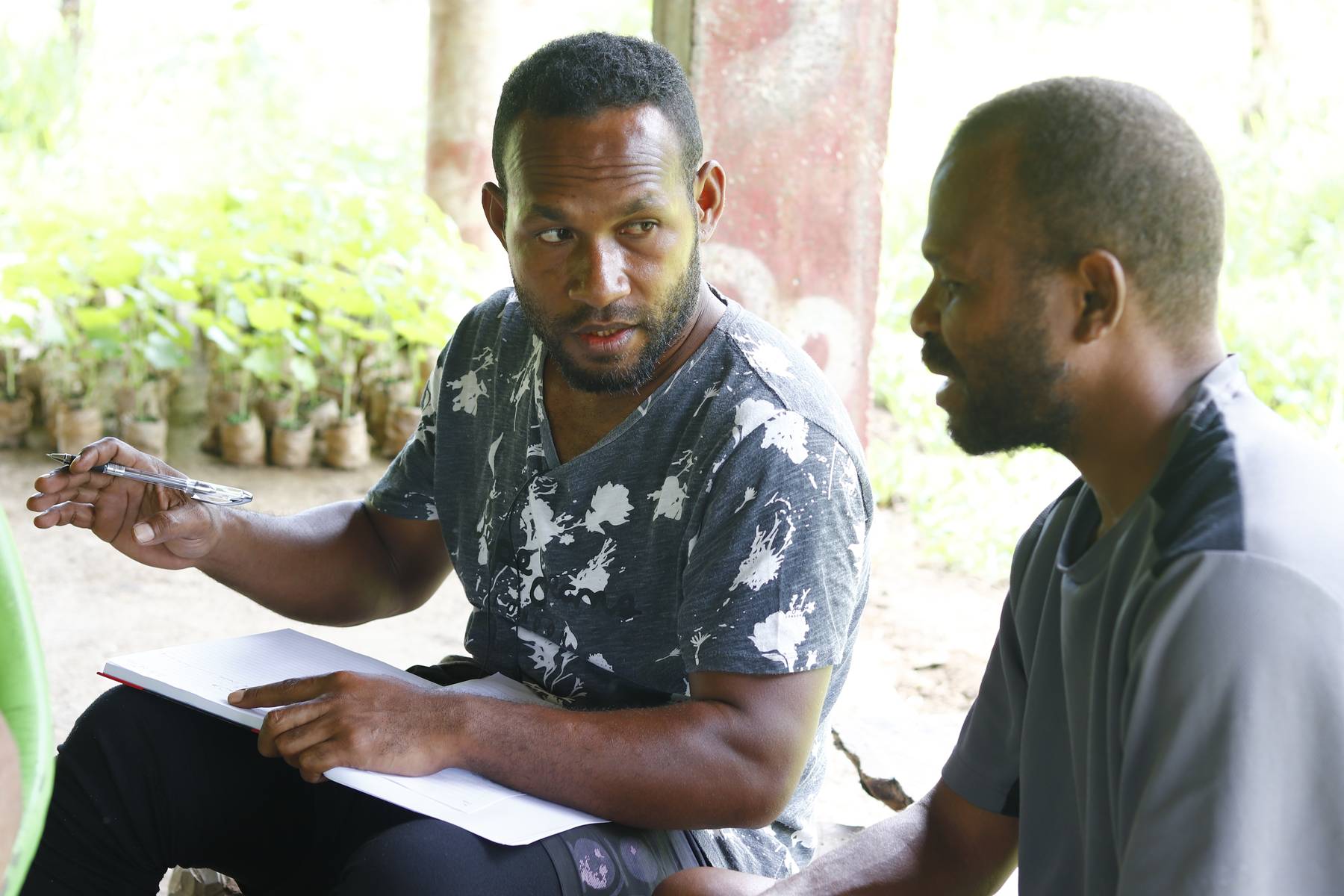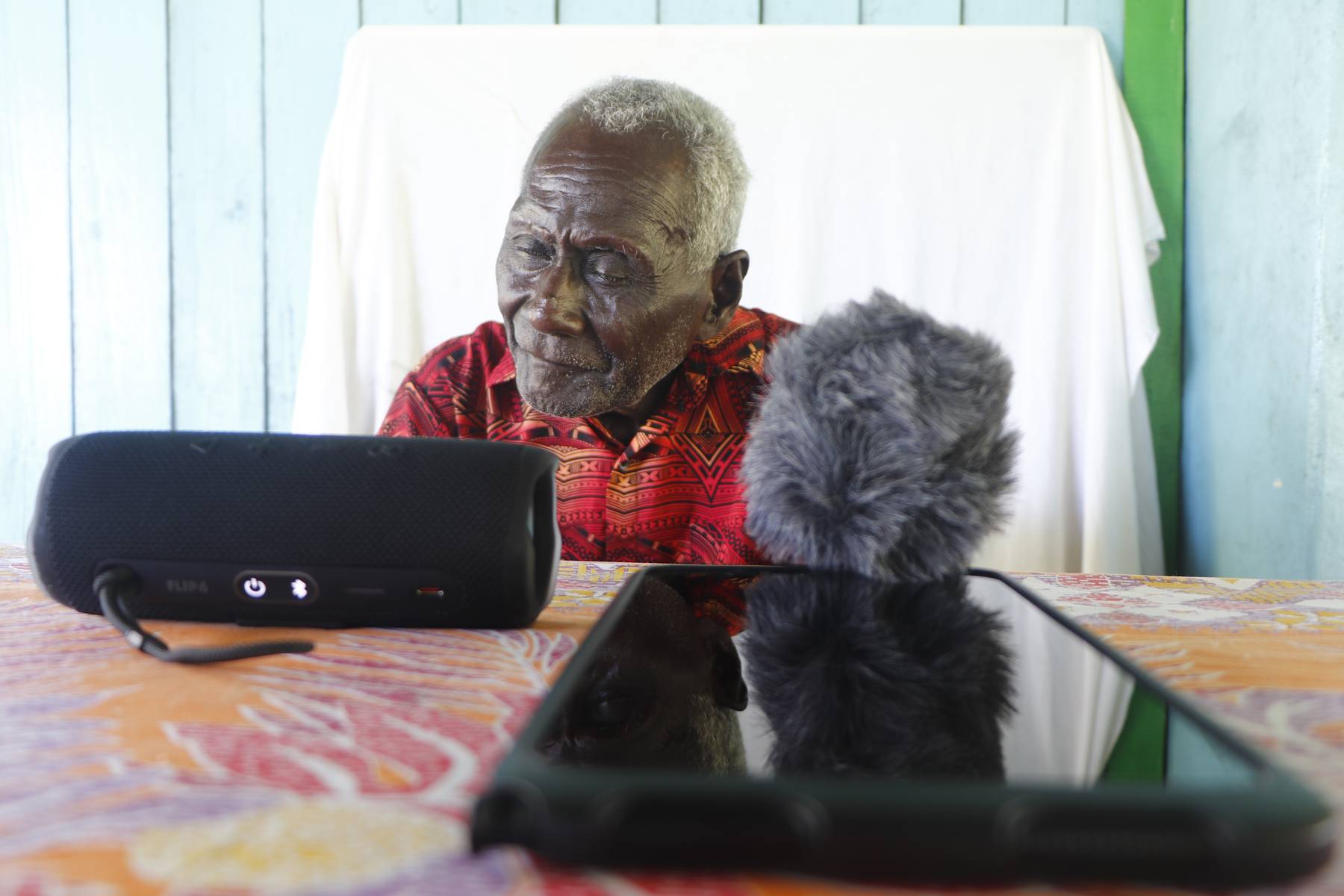Solomon Islands National Museum
The Solomon Islands National Museum, established in 1969, preserves, protects and promotes local customs and traditions. By working closely with local communities, the museum is increasing its capacity to research and manage cultural and natural heritage, encourage economic development through cultural enterprise, and to promote peace through respect of culture. The Museum is also enhancing its cultural infrastructure to increase its capacity for storing, conserving and exhibiting Solomon Islands’ cultural and historical artefacts.
Solomon Islands
Report by Eddie Mae
There are 120 vernacular languages spoken in Solomon Islands, including Solomon Pidgin (or Pijin).
In Solomon Islands culture, music plays a role in translating important messages. The message always grows out from the different levels of emotion. For example, a song sang by a woman whose husband died stems from a sorrowful or lonely emotion. The tone and tune and the lyrics of the song can also cause others to get emotions and eventually cry.
Many rituals in the Solomon Islands are always associated with music; the beat of the music sends a message. The instruments used are also important, for example, different sounds from a panpipe have different meanings. The sound of a bird, waves on the sea, etc. make the music different.
In a traditional culture, the knowledge, for example music, is passed down through daily orientation by the trainer. The interested young people would spend hours learning how to create a sound or to cut the right size of bamboo to create a certain sound on the panpipe. Cultural knowledge is learned via oral traditions with hands-on activities.
Researchers
Eddie Mae has been working as an Audio-Visual Technician for Solomon Islands National Museum for 1.5 years. He has joined the project as he would like to learn about cultural songs, etc., and the project will help to enhance his career at the Solomon Islands National Museum.
Research will also be conducted by Chris Hapert Ha’arabe (Malaita) and Kenneth Roga (Simbo).
























